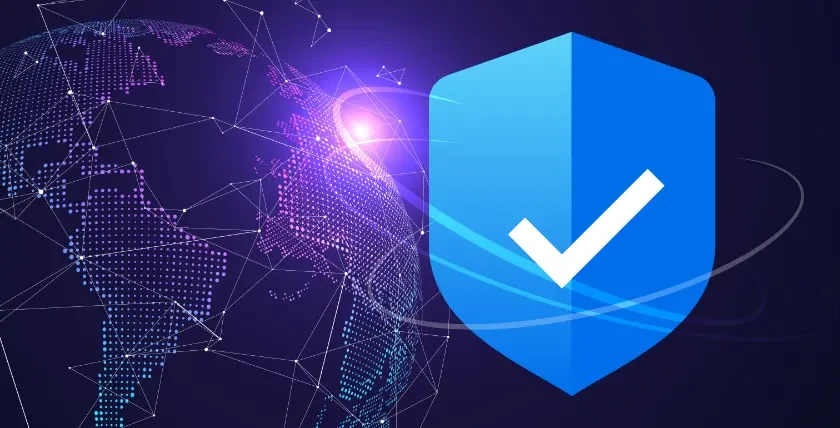
Freelance Web Developers' Guide to Cybersecurity Best Practices
In the ever-evolving digital landscape, freelance web developers play a vital role in crafting and maintaining the online presence of businesses and individuals. However, with this great responsibility comes the need for heightened cybersecurity awareness. In this comprehensive guide, we will delve into the world of cybersecurity best practices tailored specifically for freelance web developers. Brace yourself for a journey through the realms of digital defense, where perplexity and burstiness of knowledge reign supreme.
Understanding the Cybersecurity Landscape
The Evolving Threat Landscape
In the digital age, cyber threats are constantly evolving. From malware and phishing attacks to DDoS assaults, freelance web developers must stay one step ahead of cybercriminals. Burstiness in cybersecurity knowledge is key, as it empowers developers to adapt swiftly to new threats.
Cybersecurity vs. Web Security
While web security focuses on protecting websites from common vulnerabilities, cybersecurity encompasses a broader scope, safeguarding all digital assets and data. Understanding this distinction is essential for freelance developers.
Essential Cybersecurity Practices
Strong Passwords and Authentication
One of the foundational practices in cybersecurity is using strong passwords and multi-factor authentication. Utilize unique, perplexing passphrases to fortify your digital fortress.
Regular Software Updates
Maintaining up-to-date software and frameworks is vital to plug security loopholes. Burstiness in software updates keeps hackers at bay.
Data Encryption
Encrypting sensitive data prevents unauthorized access. Employ robust encryption algorithms to ensure confidentiality.
Secure Hosting
Choose web hosting providers with a solid cybersecurity track record. Burstiness in hosting security can save you from potential data breaches.
Protecting Your Development Environment
Isolating Development Environments
Keep your development environment separate from production systems. This practice adds an extra layer of security to your work.
Code Review and Vulnerability Scanning
Regularly review your code for vulnerabilities and utilize scanning tools to identify potential threats. Burstiness in code scrutiny enhances your project's resilience.
Client Communication and Education
Educating Clients
Teach your clients about cybersecurity best practices and the importance of maintaining a secure online presence. Your expertise can help them protect their digital assets.
In this Freelance Web Developers' Guide to Cybersecurity Best Practices, we've navigated the intricate terrain of cybersecurity with utmost precision. Remember, the digital realm is a battlefield where knowledge is your armor, and burstiness in adapting to new threats is your sword. As you embark on your freelance web development journey, let this guide be your steadfast companion.
Frequently Asked Questions
1. What is the most crucial cybersecurity practice for freelance web developers?
The most critical practice is using strong passwords and multi-factor authentication to protect your digital assets effectively.
2. How can I keep my development environment secure?
You can maintain a secure development environment by isolating it from production systems and regularly reviewing your code for vulnerabilities.
3. Why is client education essential in cybersecurity?
Educating clients about cybersecurity empowers them to take an active role in protecting their digital assets and contributes to a safer online ecosystem.
4. Are there cybersecurity tools specifically designed for freelance web developers?
Yes, there are cybersecurity tools and services tailored to the needs of freelance web developers, such as vulnerability scanning tools and secure hosting providers.
5. What should I do if my website falls victim to a cyberattack?
In the event of a cyberattack, take immediate action to mitigate the damage. Isolate affected systems, contact your hosting provider, and consider seeking professional assistance.
6. How often should I update my software and frameworks?
Regularly update your software and frameworks to stay protected against emerging security threats. Aim for monthly updates, but prioritize critical patches immediately.
Summary: Freelance web developers must prioritize cybersecurity to protect their projects and clients' data. Strong passwords, regular updates, and client education are key aspects of a robust cybersecurity strategy.
For More Articles you can go through these links:-
Freelance Web Development The Power of Continuous Improvement
Freelance Web Development How to Set and Achieve Goals
The Role of Soft Skills in Freelance Web Development Success
